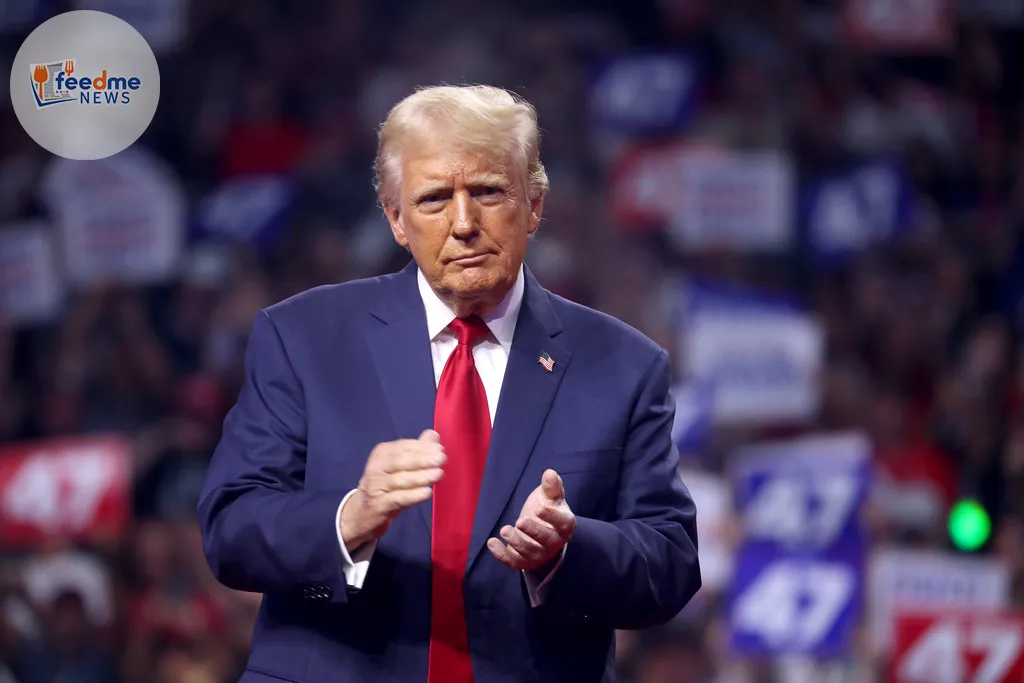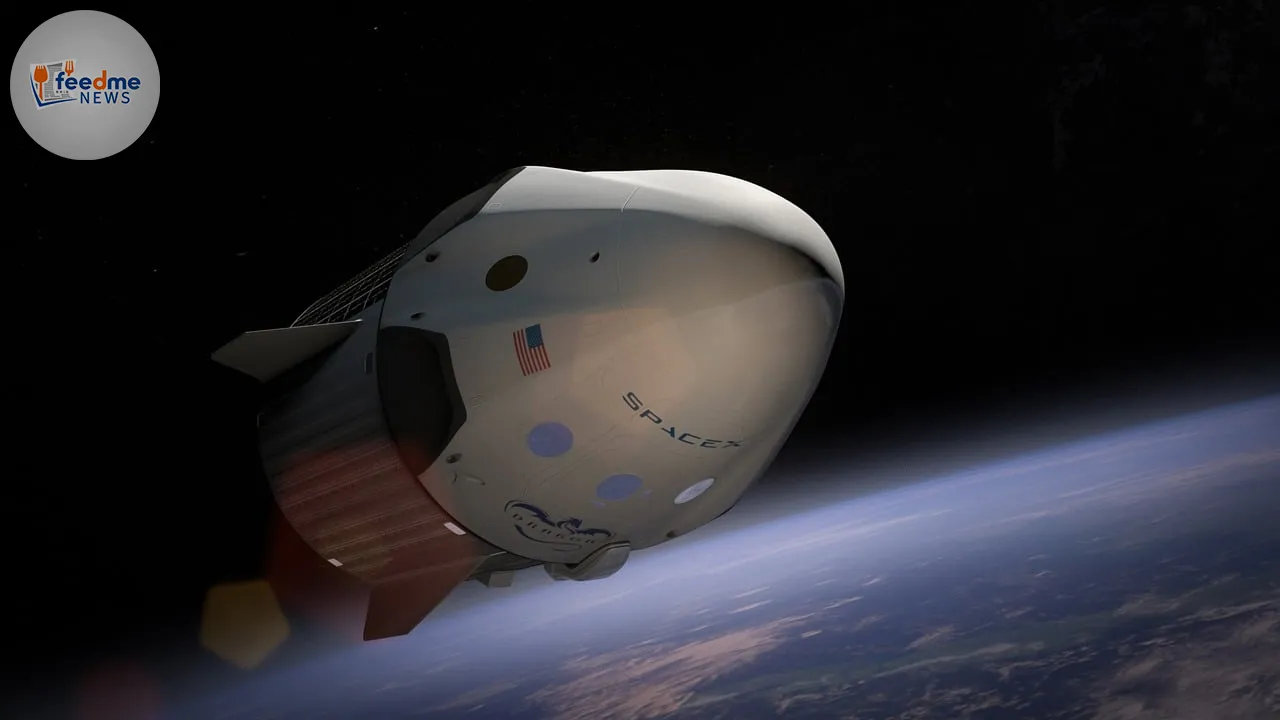In a surprising turn of events, former US President Donald Trump announced a substantial 50% tariff on Brazilian imports, citing what he describes as a “witch-hunt” against Brazil’s former president Jair Bolsonaro. The announcement comes as Bolsonaro faces trial over an alleged coup attempt. Trump, known for his strong stance on international trade, has expressed dissatisfaction with Brazil’s judicial proceedings against Bolsonaro, claiming they are politically motivated.
This development took place on 9th July 2025, and it has stirred significant international attention. Trump’s decision to impose tariffs is seen as a direct response to Brazil’s legal actions against Bolsonaro, and it marks a new chapter in the trade relations between the two countries.
Tariff Announcement Sparks Global Trade Concerns
The announcement of the 50% tariff on Brazilian goods has sent shockwaves through global markets. Economists quickly weighed in, expressing concerns about the potential ramifications for international trade. Trump, during his statement, accused Brazil of unfairly targeting US technology companies and criticised the ongoing legal proceedings against Bolsonaro as politically charged.

The former president’s decision to impose tariffs is not without precedent. During his tenure, Trump frequently used tariffs as a tool to negotiate trade terms and exert political pressure. However, this latest move has been met with criticism from both domestic and international observers who fear it could escalate into a broader trade conflict.
Brazil’s Response and Potential Retaliation
Brazil has vowed to retaliate against the US tariffs, with officials in Brasília expressing their disapproval of Trump’s actions. The Brazilian government described the tariffs as “unjust” and “harmful” to bilateral relations. In a statement, Brazilian trade officials indicated that they are exploring options to respond, potentially by imposing their own tariffs on US goods.
The Brazilian economy, which is heavily reliant on exports, could face significant challenges if a trade war ensues. The tariffs could affect key sectors such as agriculture and manufacturing, which are crucial to Brazil’s economic stability. Economists warn that prolonged trade tensions could lead to increased prices for consumers and disrupt global supply chains.
Implications for Bolsonaro’s Trial
The timing of Trump’s tariff announcement coincides with the high-profile trial of Jair Bolsonaro. The former Brazilian president is facing charges related to an alleged coup attempt, a case that has divided public opinion in Brazil. Bolsonaro’s supporters argue that the trial is a politically motivated attack, while his detractors believe it is a necessary step towards accountability.
Trump’s intervention, however, has added an international dimension to the proceedings. By framing the trial as a “witch-hunt,” Trump has cast doubt on the impartiality of Brazil’s judicial system, potentially influencing public perception both domestically and abroad.
Broader Impact on US-Brazil Relations
The imposition of tariffs and the controversy surrounding Bolsonaro’s trial have strained US-Brazil relations. Historically, the two nations have maintained a complex but cooperative relationship, with strong economic ties and shared interests in various sectors. However, Trump’s actions have introduced new tensions that could complicate future diplomatic engagements.
Experts suggest that the situation requires careful navigation to prevent further deterioration of relations. Diplomatic channels between the US and Brazil remain open, but the path forward will likely involve delicate negotiations and potential compromises.
As the situation unfolds, the global community watches closely. The outcome of Bolsonaro’s trial and the subsequent trade negotiations could have far-reaching implications for international trade policies and geopolitical alliances.
In conclusion, Trump’s decision to impose a 50% tariff on Brazilian goods, coupled with his defence of Jair Bolsonaro, has reignited debates over trade policies and international diplomacy. The unfolding events underscore the interconnectedness of global politics and economics, highlighting the need for strategic dialogue and cooperation. As Brazil and the US navigate this challenging period, the world awaits the next chapter in their evolving relationship.






